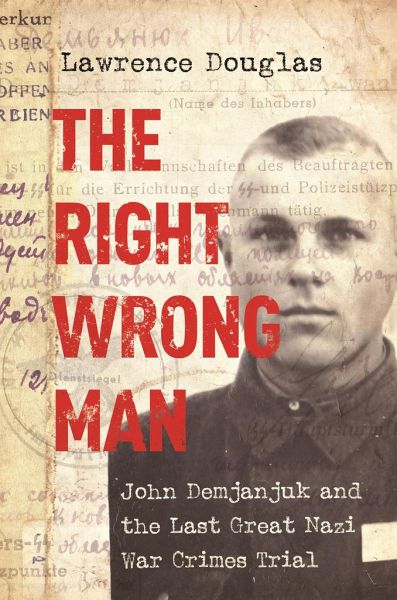
The Right Wrong Man
John Demjanjuk and the Last Great Nazi War Crimes Trial

PAYBACK Punkte
13 °P sammeln!
In 2009, Harper's Magazine sent war-crimes expert Lawrence Douglas to Munich to cover the last chapter of the lengthiest case ever to arise from the Holocaust: the trial of eighty-nine-year-old John Demjanjuk. Demjanjuk's legal odyssey began in 1975, when American investigators received evidence alleging that the Cleveland autoworker and naturalize



